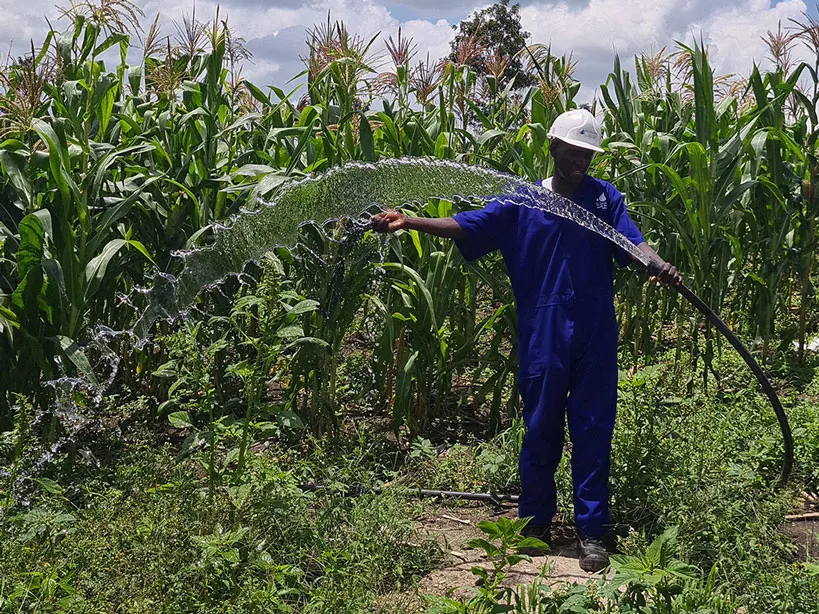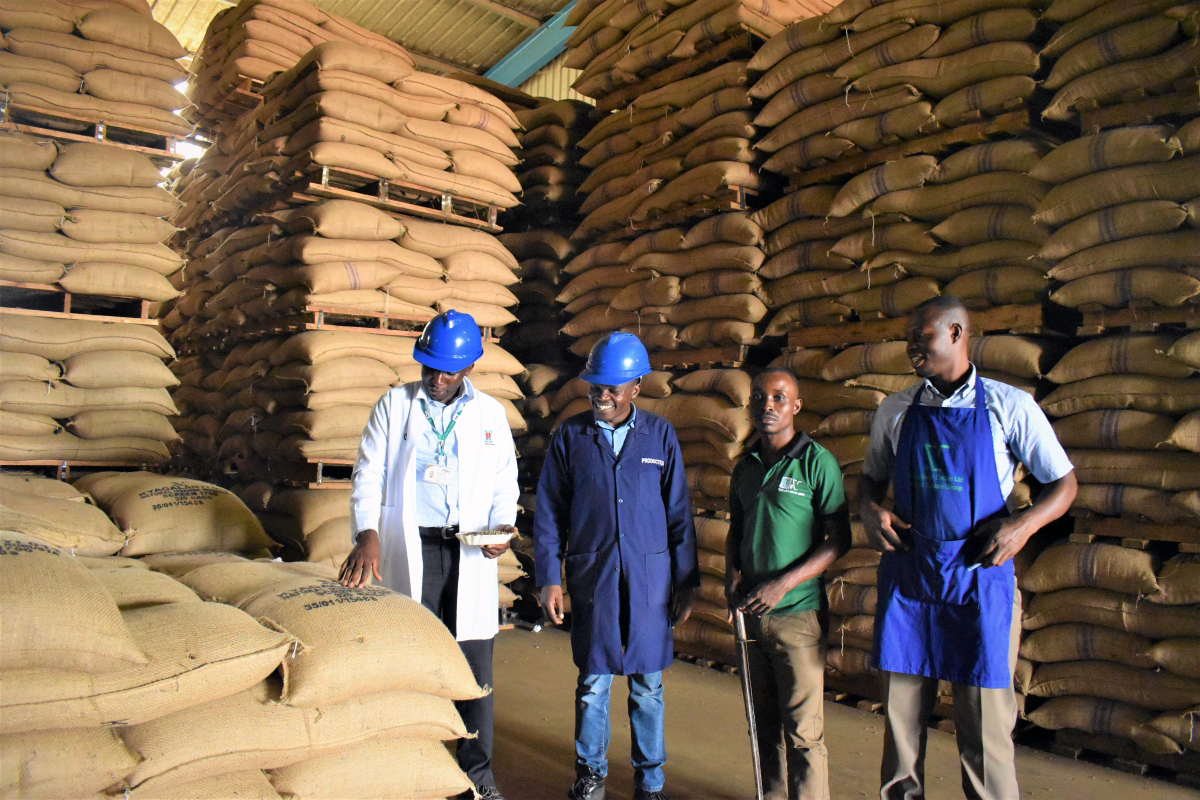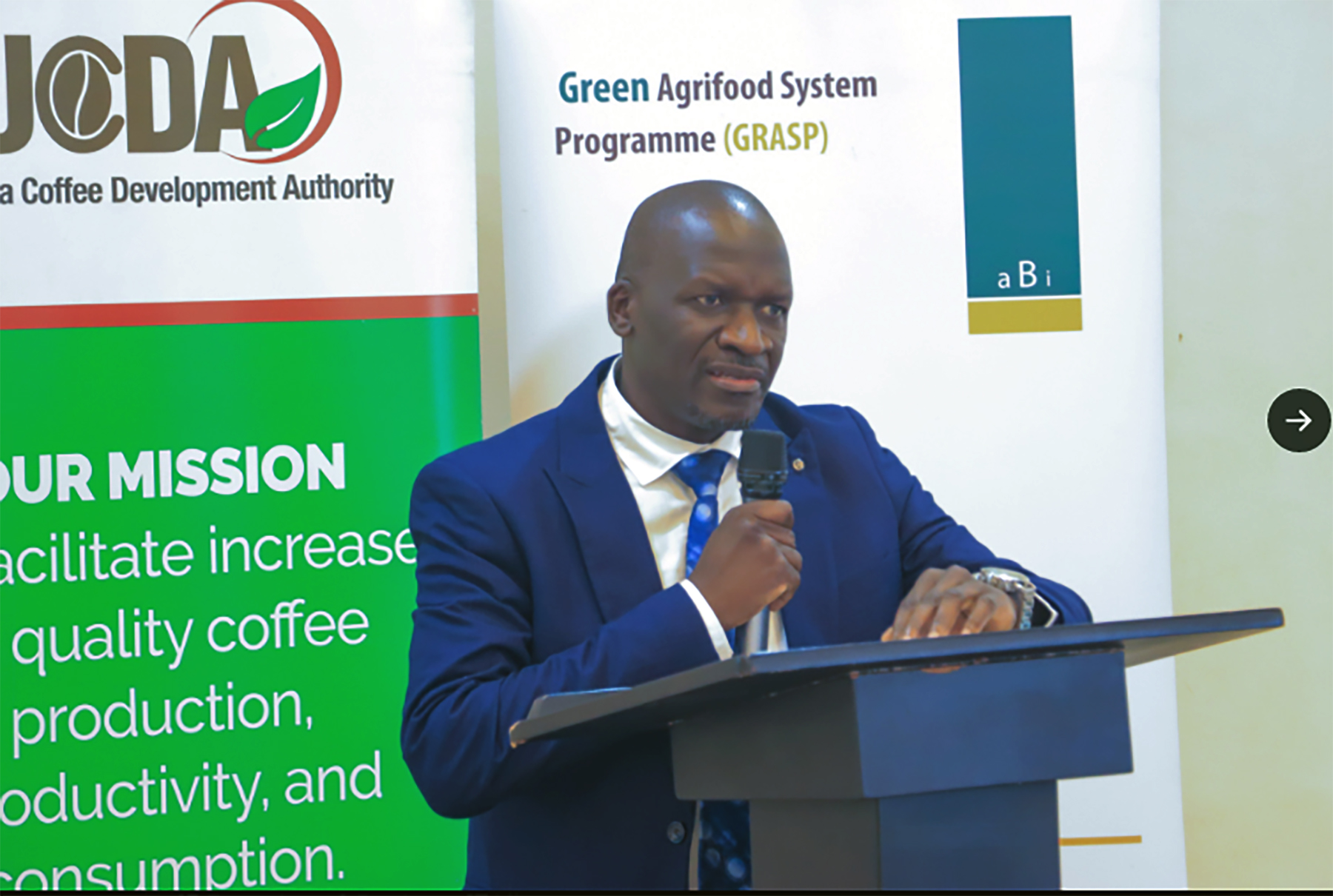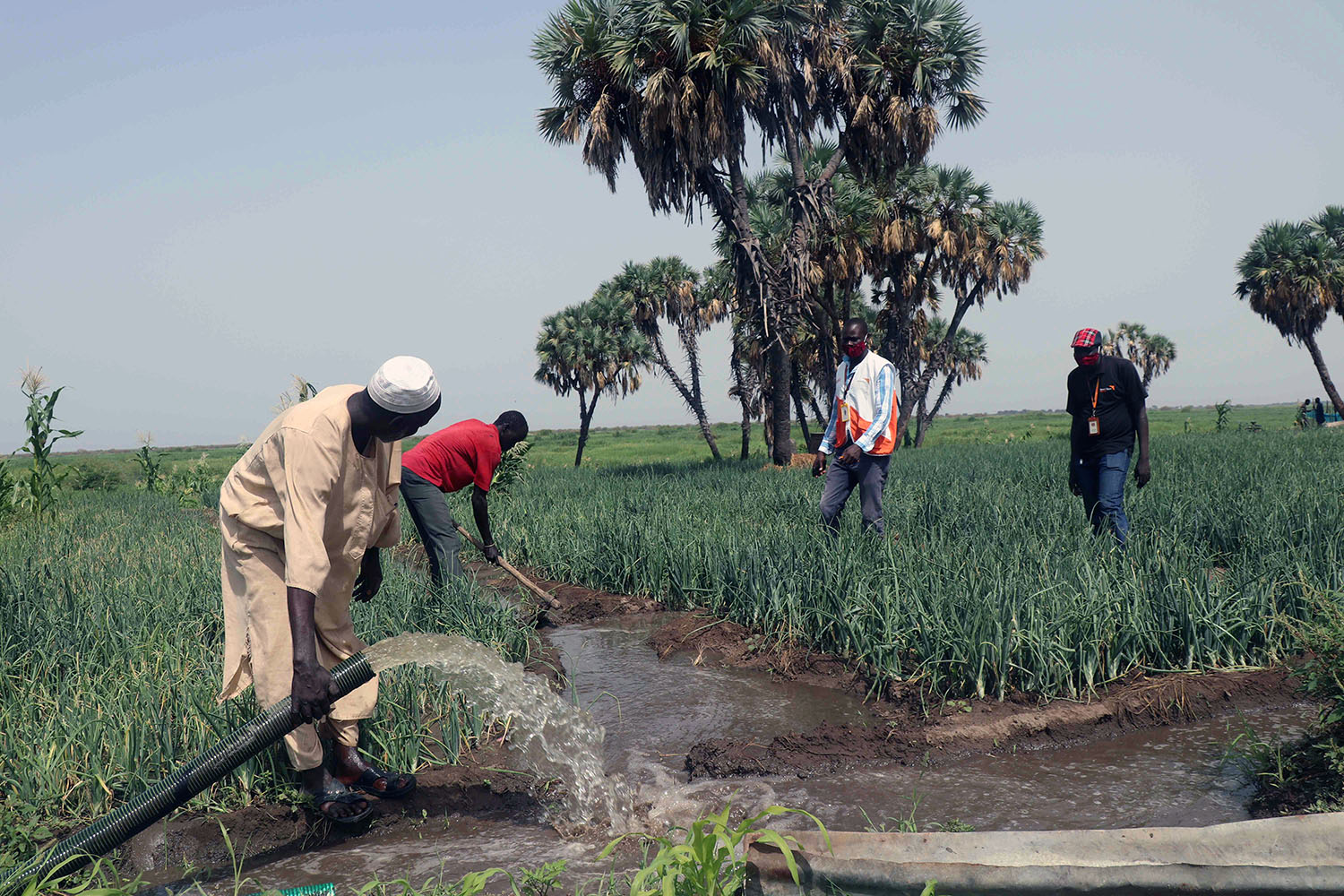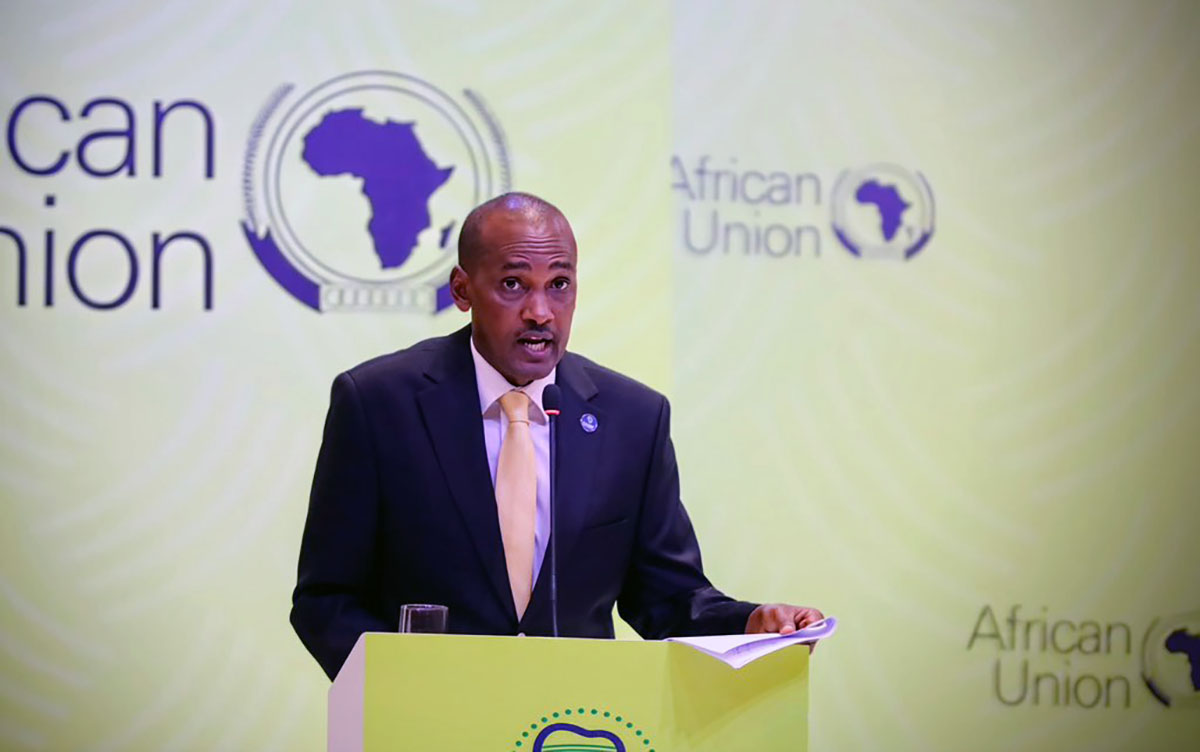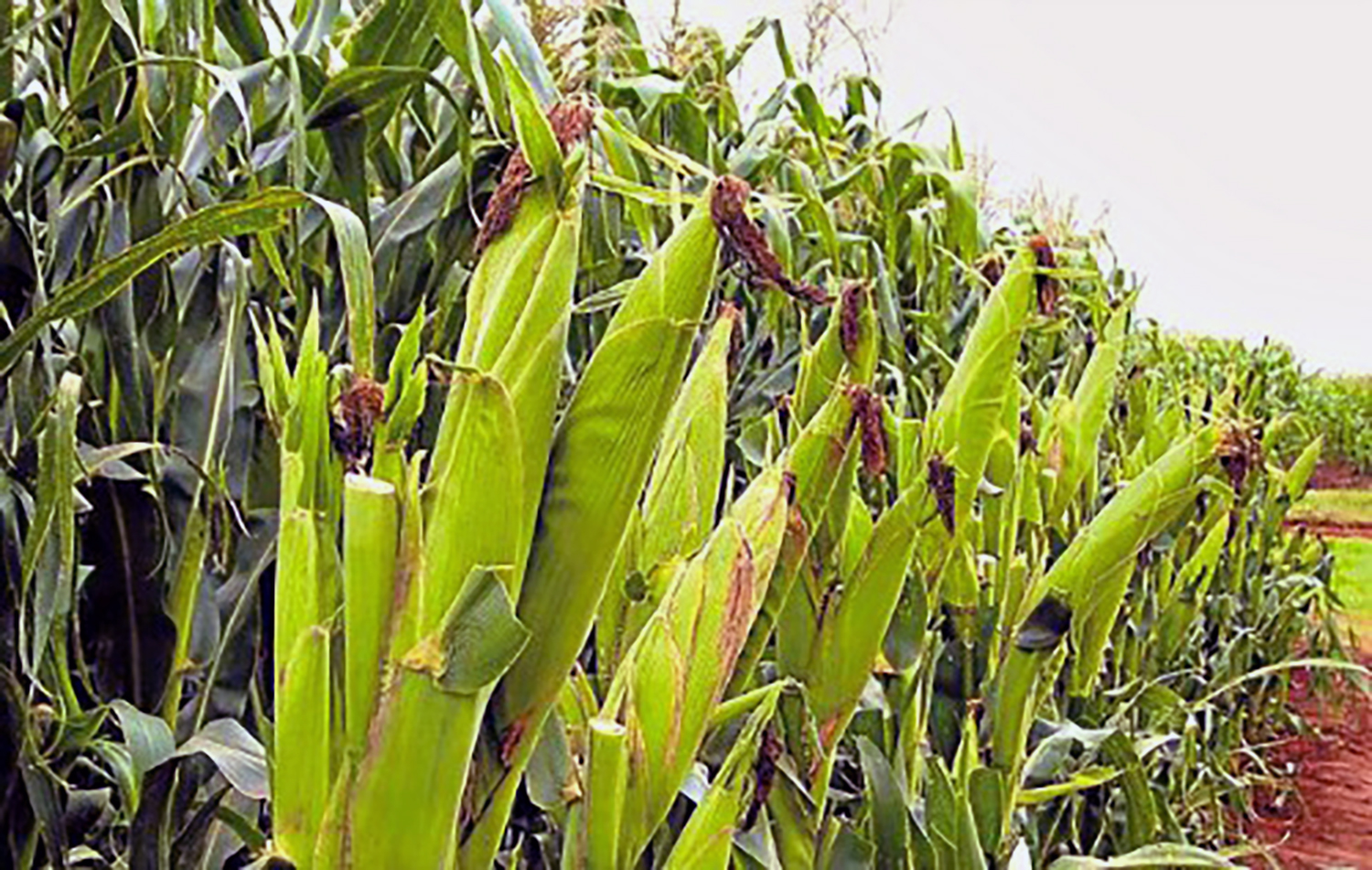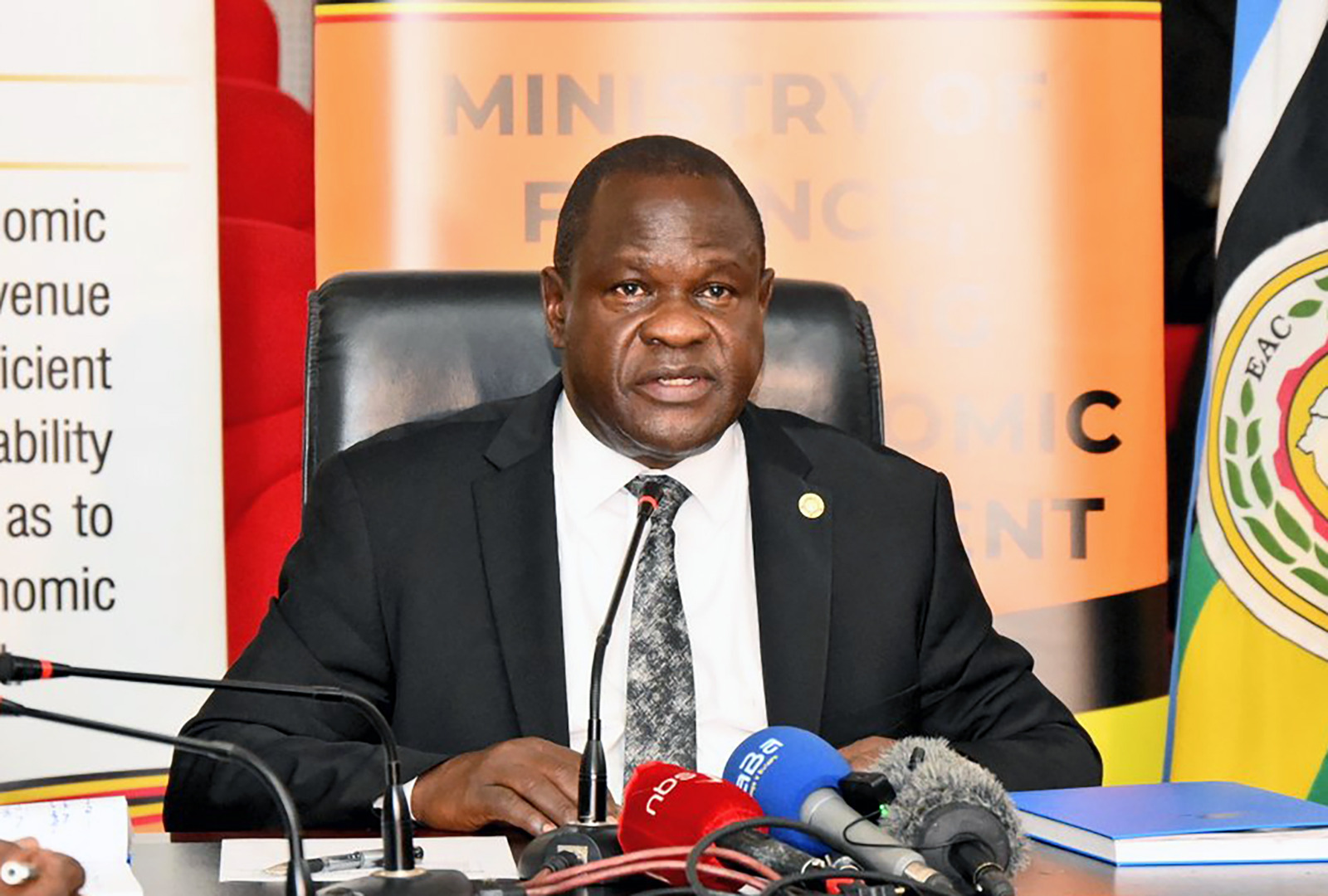Activists applaud UGX 516 Bn climate allocation
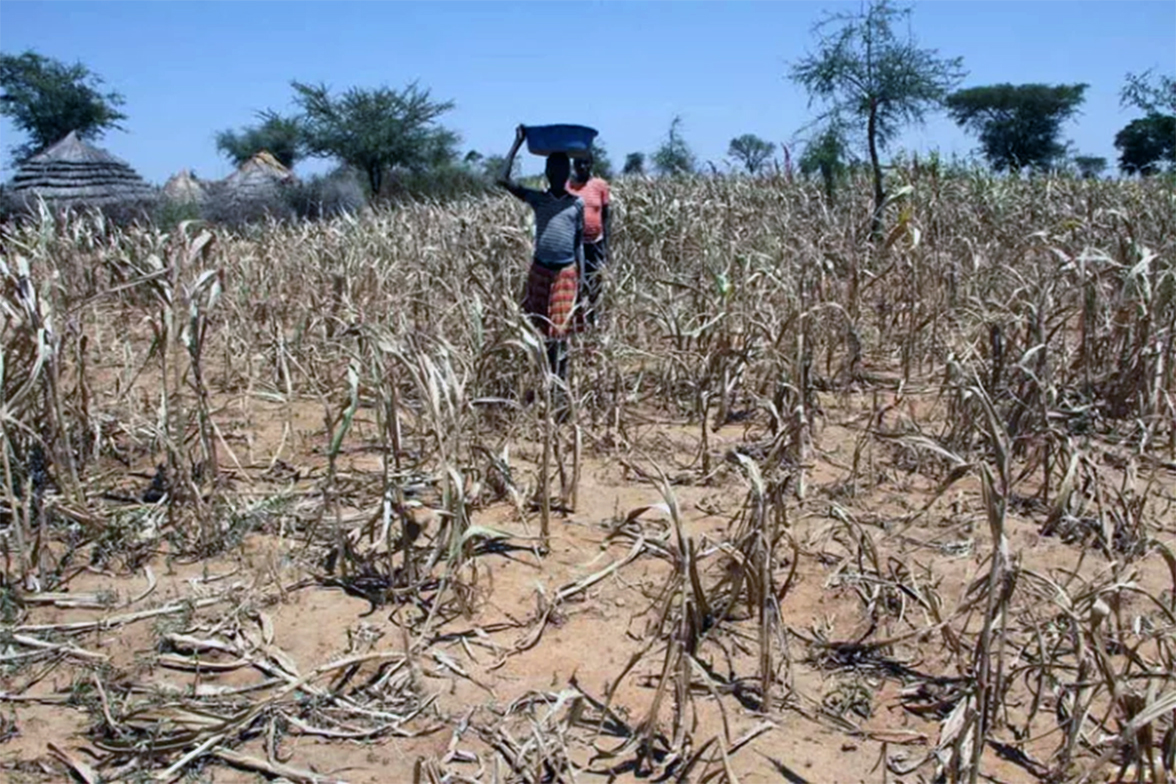
A farmer inspects her drought-hit maize garden. Climate change effects are impacting agricultural productivity.
In a decisive move to address the escalating climate crisis, the Government has earmarked UGX 516 billion for climate change mitigation efforts in the next financial year.
While presenting the 2024/25 budget speech on June 13, Finance, Planning and Economic Development Minister Matia Kasaija said the move underscores Uganda's commitment to combating climate change, safeguarding the environmental and securing the country’s economic future.
“I have provided UGX516.78 billion next financial year for climate change mitigation, natural resources, environment and water resources management,” he said.
- Environmental and conservation activists have welcomed the development saying proactively addressing climate change is a very urgent matter.
According to a recent research brief titled ‘A Burning Planet’ released by Twaweza, a non-governmental organisation, 86% of Ugandans surveyed expressed serious concern about the impact of climate change.
Twaweza’s findings highlight the growing awareness and anxiety among citizens regarding climate-related challenges, particularly in the agriculture sector, which is the cornerstone of Uganda's economy.
- Climate change-induced changes in temperature and rainfall patterns have led to decreased agricultural productivity due to droughts, floods, and changes in the timing of seasons. Crop failures and loss of livestock have resulted in reduced incomes for farmers and increased food insecurity.


Experts argue that addressing climate change challenges requires comprehensive strategies that integrate climate adaptation and mitigation measures into national development planning. In recent years, most of the country’s climate change mitigation initiatives have been funded by donors and private sector companies.
Violet Alinda, the organisation’s boss in Uganda, told Business Edge in an interview that government has to take action because the citizens are extremely worried about climate change.
"Uganda is very vulnerable to the effects of climate change, and this new data tells us that citizens are already experiencing the kind of changes to agricultural production that climate scientists have predicted. The data also tells us that citizens are understandably worried," she said.
Alinda highlighted the global dimensions of climate change, attributing its primary cause to the carbon emissions of wealthy nations but its impact is mostly felt in developing nations.
- "While it can be tempting to sit back and wait for high-income countries to pay for their actions, we risk denying ourselves the opportunity to engage meaningfully in critical negotiations and decisions. By acknowledging our part, we can be part of the solution," she added.
- Kasaija said the fund would help with the restoration of the environment and reverse the effects of climate change including the restoration of 42,450 hectares of degraded wetlands along the Awoja, Kandekye-Ruhorobero, Nchwera, Chambura, Kiruruma, Naigombwa, Kibimba, Tochi, Aswa, Sezibwa, Mayanja, Muzizi, Mpanga and Lumbuye water systems.
The budgetary would also support a range of other initiatives aimed at reducing carbon emissions, promoting sustainable agricultural practices, and enhancing the resilience of communities to climate impacts, aimed at securing a better future for citizens.



.JPG)





